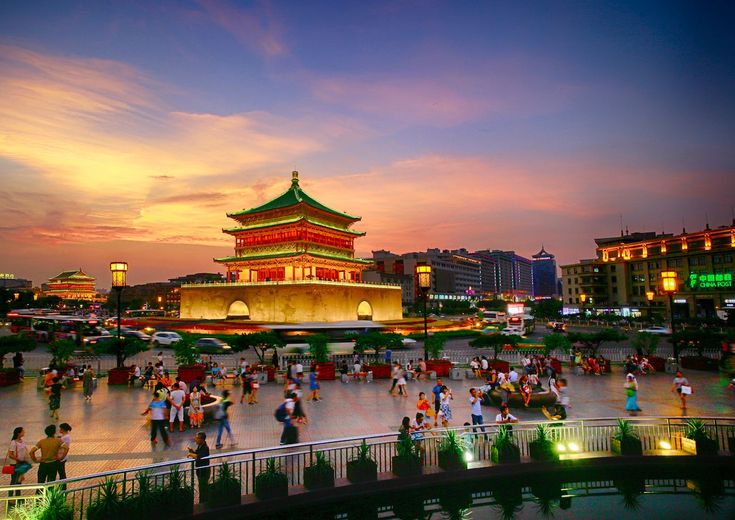
Travel has always been more than moving from one place to another, it is about experiencing the rhythm of life in new environments, tasting unfamiliar flavors, witnessing traditions, and connecting with people whose perspectives enrich our own. In today’s interconnected world, cultural exploration through travel is becoming one of the most powerful ways to expand horizons. Whether visiting a bustling metropolis or a remote countryside, each journey brings stories and lessons that stay with us forever.
The Role of Culture in Travel
Culture is the soul of any destination. It’s expressed through language, festivals, food, art, music, and traditions passed down through generations. Travelers often remember the cultural interactions more vividly than monuments or skyscrapers. Imagine the charm of attending a traditional dance performance in Bali, walking through colorful spice markets in Marrakech, or exploring the history-filled alleys of Istanbul. These encounters offer a deeper understanding of a place than sightseeing alone ever could.
Food as a Universal Language
One of the most enjoyable aspects of cultural exploration is food. Every region has unique dishes that represent its history and geography.
-
In Japan, sushi and ramen reflect the importance of the sea and rice cultivation.
-
In Italy, pasta and pizza symbolize family traditions and regional pride.
-
In Dubai, shawarma, dates, and aromatic Arabic coffee highlight a blend of tradition and modern influences.
Sharing a meal is more than nourishment, it is a way of building connections, even when language creates barriers. Many travelers plan entire trips around culinary experiences, making food an essential part of cultural travel.
Festivals That Bring the World Together
Festivals are windows into the heart of a community. They combine rituals, performances, colors, and celebrations that invite travelers to join the spirit of togetherness.
Some inspiring examples include:
-
Diwali in India: A festival of lights symbolizing victory of good over evil.
-
Carnival in Brazil: A vibrant showcase of music, dance, and costumes.
-
Dubai Shopping Festival: A celebration of retail, entertainment, and culture drawing visitors from all over the world.
Participating in these events allows travelers to feel like locals, even if only for a few days.
Modern Cities as Cultural Hubs
Global cities today are melting pots where tradition meets modernity. Dubai, Singapore, New York, and London are prime examples. These cities attract millions of visitors annually not just for their skyscrapers or luxury, but for their multicultural environment. Walking in these cities feels like crossing borders without leaving a single location, as cuisines, languages, and communities from all over the globe coexist.
For travelers from West Africa, the Middle East, or Asia, such destinations are particularly appealing because they provide both familiarity and novelty. For instance, when planning a Middle Eastern journey, many travelers choose the option of securing their Dubai visa for Ghana citizens to immerse themselves in the fusion of cultures that the city proudly represents.
The Power of Shared Experiences
Travel often transcends sightseeing; it’s about creating shared memories. Backpackers meeting on Himalayan treks, families discovering European castles, or business travelers bonding over global conferences—each moment builds bridges across cultures.
Social media and digital platforms amplify these experiences, allowing people to share local traditions and travel stories instantly. A traveler in Uganda might inspire someone in Europe to try an African safari, just as a visitor to Dubai might encourage someone from Asia to explore the Middle East.
This interconnectedness makes the travel industry not only an economic driver but also a force for unity. Many visitors today look for easy entry options, such as securing their Dubai visa for Uganda citizens, which helps them access one of the world’s most cosmopolitan destinations where cultural exploration never ends.
Travel as a Form of Education
Beyond leisure, travel is one of the most profound teachers. Children who grow up exploring new places gain global perspectives early on, while adults often discover a renewed sense of curiosity and humility. Standing inside historical landmarks, joining local cooking classes, or listening to folklore in small villages offers knowledge no textbook can replicate.
Educational tourism has gained momentum, with schools and universities encouraging students to travel abroad for exposure. It is not just about academics but about cultivating empathy, tolerance, and appreciation for diversity.
Lifestyle Shaped by Journeys
Frequent travelers often bring parts of their journeys into their everyday lifestyle. Some adopt new cuisines, while others integrate mindfulness practices like yoga or meditation learned abroad. Home décor inspired by Moroccan markets or musical tastes influenced by Latin rhythms are common examples.
These subtle lifestyle changes reflect how travel enriches individuals, blending cultures into everyday routines. Over time, this fusion shapes a more open, inclusive society where global traditions are valued and celebrated.
Sustainable Travel and Responsible Choices
As the world embraces more travel, sustainability is becoming a critical concern. Responsible travelers now seek eco-friendly accommodations, minimize plastic use, and support local businesses to ensure their trips have a positive impact. Destinations are also responding with green initiatives, renewable energy projects, and conservation efforts.
Eco-tourism in places like Costa Rica, heritage conservation in Dubai, and wildlife safaris in Kenya showcase how travel can balance exploration with preservation. By making conscious decisions, travelers become protectors of the very cultures and landscapes they love to experience.



